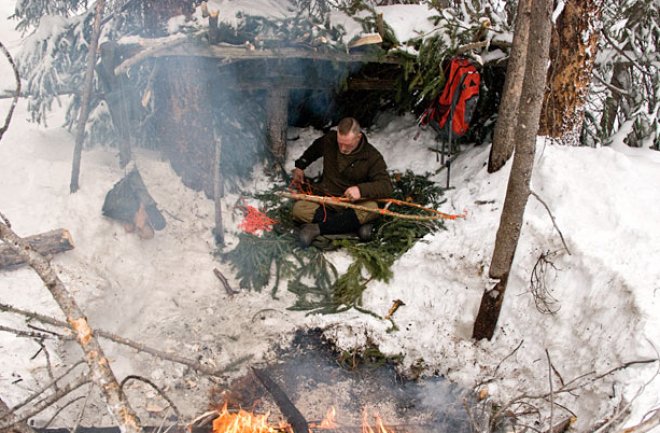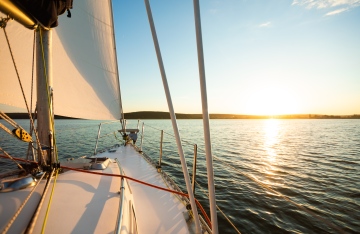Fortunately, most skills and abilities can be learned and these include the ability to survive in the wilderness. This is especially true because the instinct to survive is already hardwired into our own survival mechanism. We may not know that we already have it until we are in a situation that requires survival techniques.
In general, people that are ill-equipped and ill-prepared could have much less ability to survive. However, we should be able to face the adversity by have the willingness to press and refuse to give up. One thing we need to consider is to conserve the amount of energy we spend for the maximum amount of energy gain. We often need to do that when we lack of food and we need to camp overnight. In general, we should evaluate things that we have and find out whether we can turn them into some kinds of tools. As an example, a lighter could be used only to start a fire to conserve the fluid.
However, we should know what to do when the lighter stops working or when we lost our pack. This could be the time when our survival skill allows is to improvise, prioritize our needs and asses our overall situation. We should treat Mother Nature with great respect and think about things realistically.

Military personnel are taught to categorize and prioritize four basic elements of survival; water, food, protection and location. With enough water, we should be able to hydrate our body, especially during hot weather. Food may not a short-term priority, but its importance could increase if the emergency situation lasts, protection is about preventing injury and defending ourselves against the elements and the nature; while location is about determining our position, finding the best path to take and choosing the right shelter. All of them are important, but the level of priority could change depend our situation. As an example, water is more important in arid environment than in subtropical forests with lakes and rivers.
Soldiers are also taught techniques they should do when they become isolated and separated from friendly forces; such as evasion; which is not relevant when our aim is to find help from the rescue team. If possible, we should choose a shelter that allows to seen. As an example, we should maintain fire during the night and thick smoke during the day. In this case, we would let others know our position.
We often need to consider possible worst-case scenario during and outdoor adventure and prepare ways to deal with them, but carrying necessary items and using common techniques. As an example, the chance of being spotted by the rescue team could be quite slim if we don’t know how to attract our attention or when we inadvertently hide our position, by taking shelter in caves or think jungle canopy. An affordable way to learn survival techniques are by reading books. Although they are not comparable to real experiences, it would be better if have practical knowledge.




